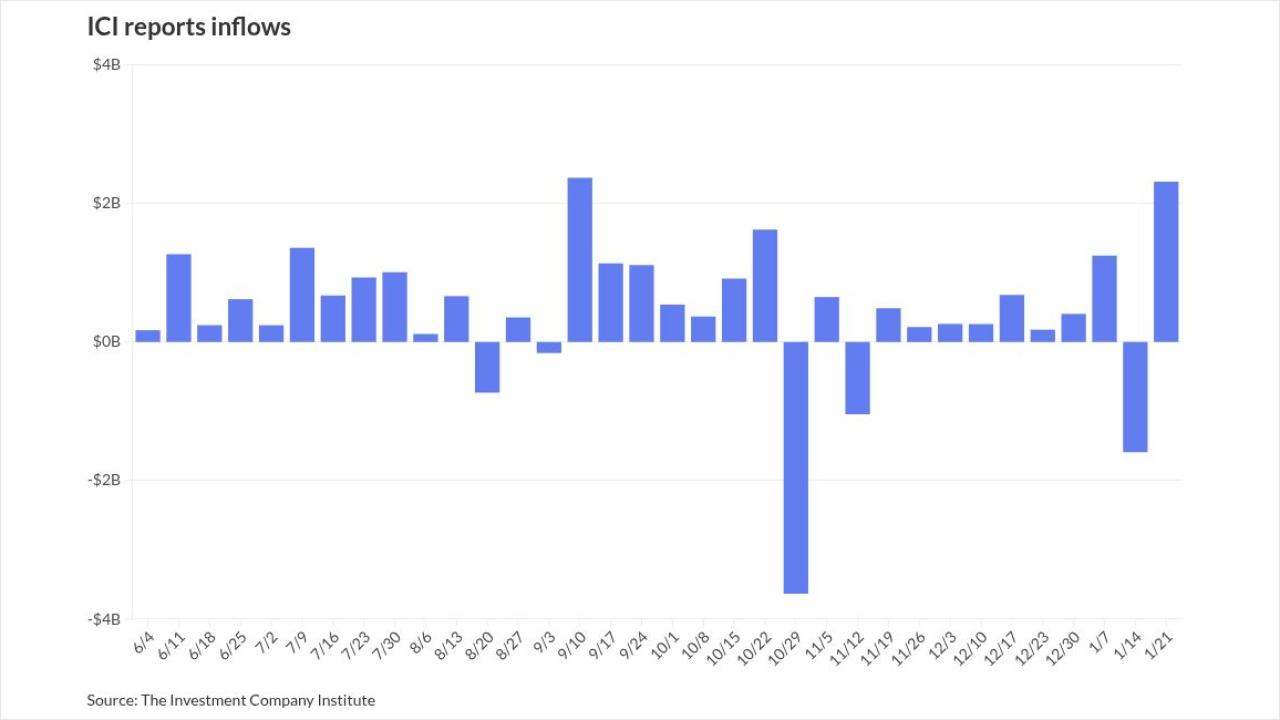On Wednesday the House passed new legislation that seeks adjustments to Low-Income Housing Tax Credits issued by the Treasury that lowers the volume requirements of state-issued private activity bonds.
The Tax Relief for American Families and Workers Act passed via a 357 -70 vote featuring strong bipartisan support. It stands on two legs of expanding the child tax credit while also loosening restrictions on research and development tax deductions tapped by businesses.
The bill holds interest for the muni world via proposed adjustments to how the Treasury Department regulates LIHTCs that are vital to affordable housing development. To become law, the bill must first pass through a skeptical Senate.

"Does it have a chance? Yes, but everything I hear says it's going to be a while," said Brett Bolton, Bond Dealers of America. "I think the dual-track government funding is going to take a lot of time, and they're still working on the border deal."
Adjusting the LIHTC levers is supported by the municipal bond market, housing advocates and the homebuilding industry.
The Treasury offers 4% and 9% tax credits to subsidize affordable housing construction. The 9% credits are dispensed through local housing authorities via a competitive award process. The 4% credits are allocated to projects that receive at least 50% of their funding through tax-exempt private activity bonds. The PAB issuance is capped by the federal government each year and is always over-subscribed.
The new law would raise the LIHTC ceiling and reduce the PABs needed to qualify to 30% percent, which according to muni leaders and the
Housing advocates point to positive results from a temporary 12.5% expansion of the Treasury's LIHTC plan in 2021 and believe a permanent boost in LIHTC could finance up to 200,000 more affordable homes.
Enacting the new legislation appeared ready to head sideways earlier in the week, when four New York Republicans, Reps. Nick LaLota, Mike Lawler, Anthony D'Esposito, and Andrew Garbarino demanded that lifting the cap on the state and local tax deduction should be included in any tax package.
Fully restoring the SALT deduction has been a longstanding, semi-bipartisan goal of lawmakers who represent high tax states like New York. The SALT tax deduction was capped at $10,000 in 2017 via the Tax Cuts and Jobs Act, a move that bond issuers say infringes on their sovereign ability to levy future taxes.
To appease the New Yorkers and other blue state Republicans, a second tax bill that would remove the SALT cap is now awaiting action in the House Rules Committee.
Adding an amendment to the current tax bill in the Senate is also an option but the costs in lost tax revenue are high.
"The appetite for the Senate to accept or even consider a SALT repeal means they've got to start talking in the $500 billion figures," said Emily Brock, director of the Federal Liaison Center at the Government Finance Officers Association.
The House Ways and Means Committee has toyed with the idea of lifting the cap but in
Brock estimates the cost of restoring advance refunding, another key issue for the muni market, at $9 billion, making it an easier lift than a SALT amendment.
Advance refunding of tax-exempt bonds was also sliced away in the TCJA to pay for a loss of tax revenue caused by rate cuts.
Tax-exempt advance refunding represented about 20% of bond activity in 2017. Proponents of bringing it back continue to question its effectiveness as a pay-for.
Lobbyists believe the real time to talk about restoring advance refunding and SALT won't happen until the scheduled sunset of the TCJA at the end of 2025.
The new ticking deadline clocks include the laddered continuing resolutions that are currently funding the government that will expire on March 1 and March 8.
"If a slowdown in the Senate reopens the bill for discussion, advocates will certainly push for their priorities," said Brian Egan, director of government affairs, National Association of Bond Lawyers. "Yesterday's overwhelming House vote demonstrates a momentum that the deal's advocates will not want to squander. It also proves that members on both sides of the aisle want to get something done on tax before the end of the 118th Congress."





